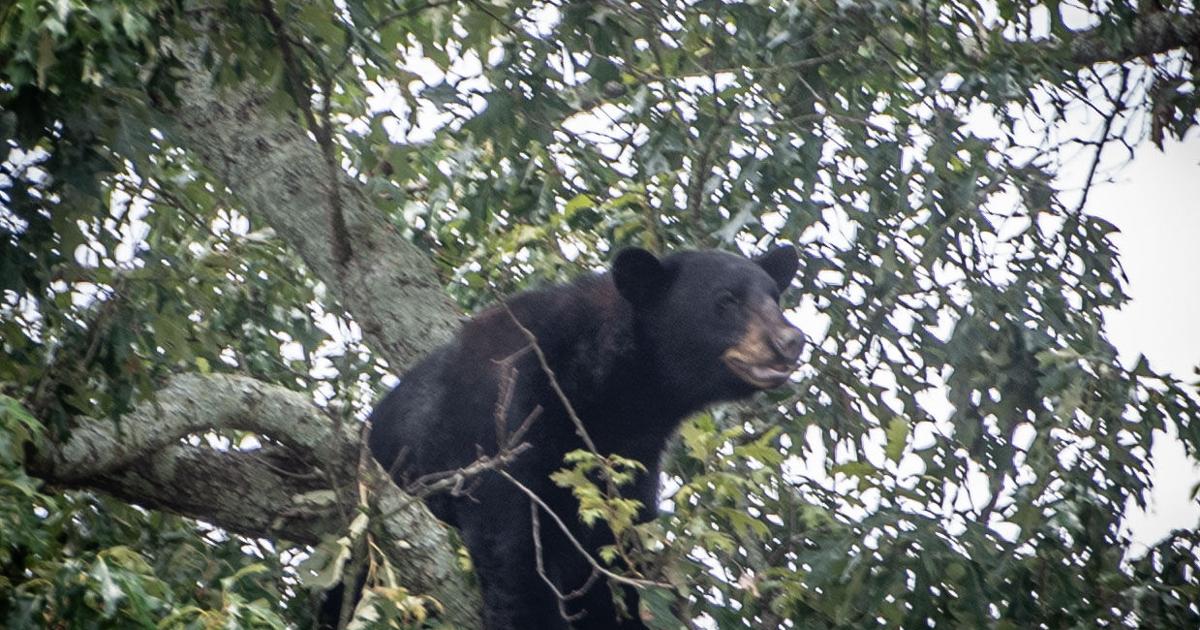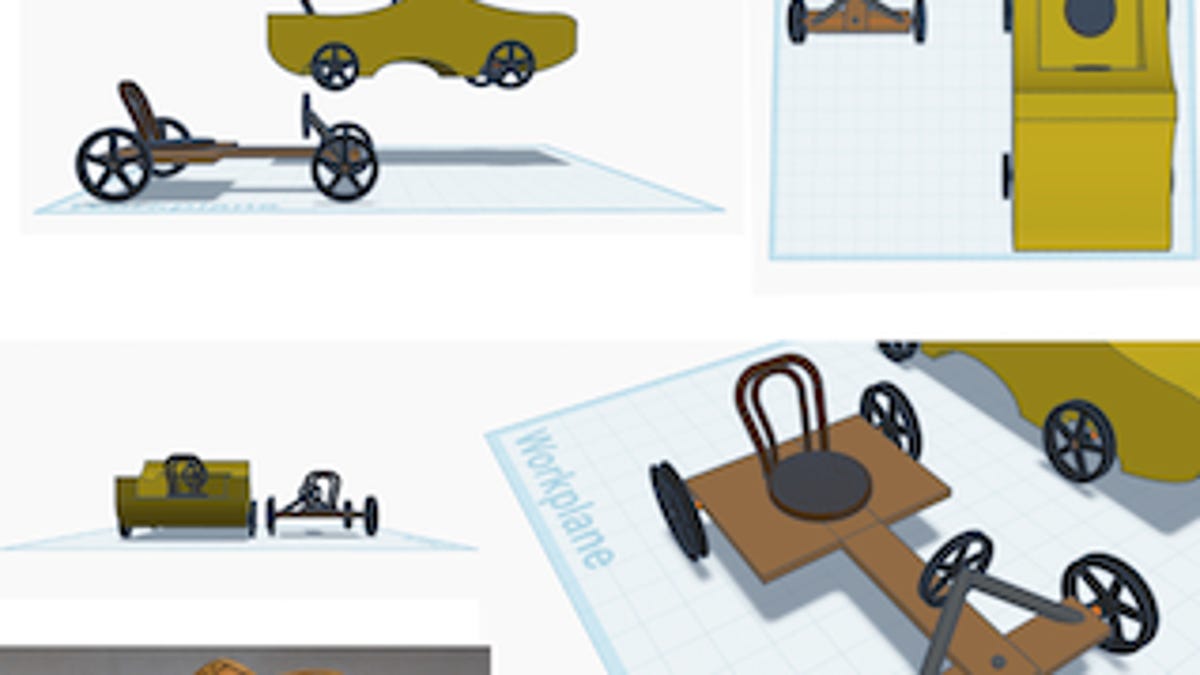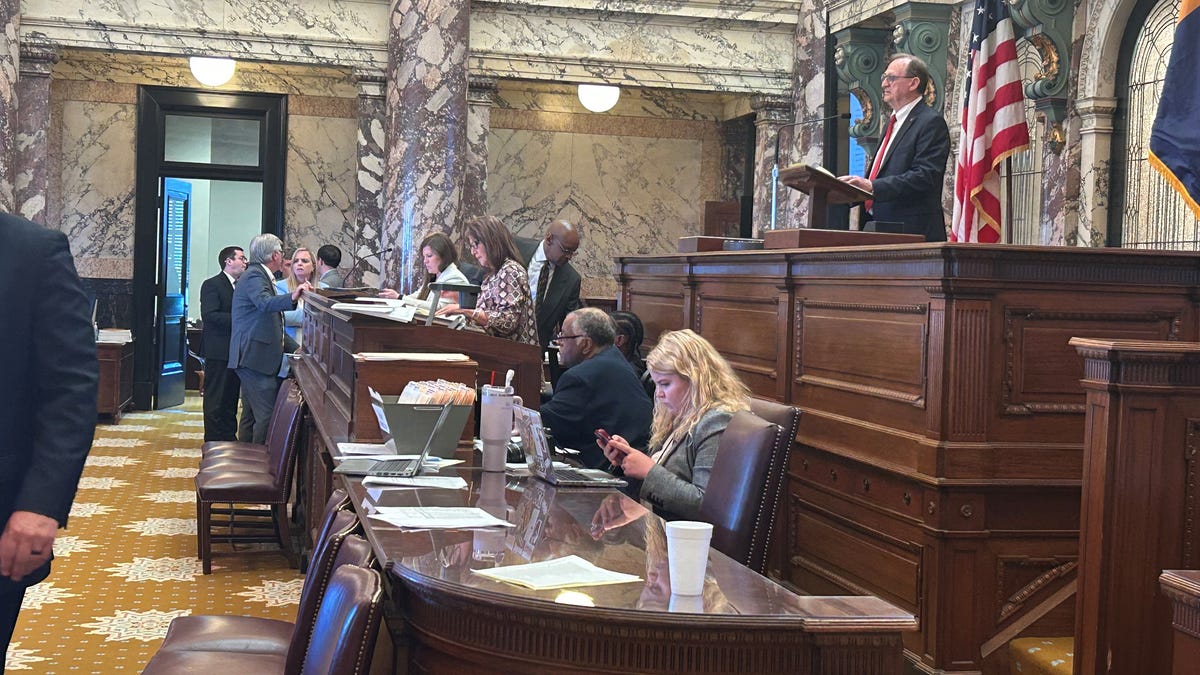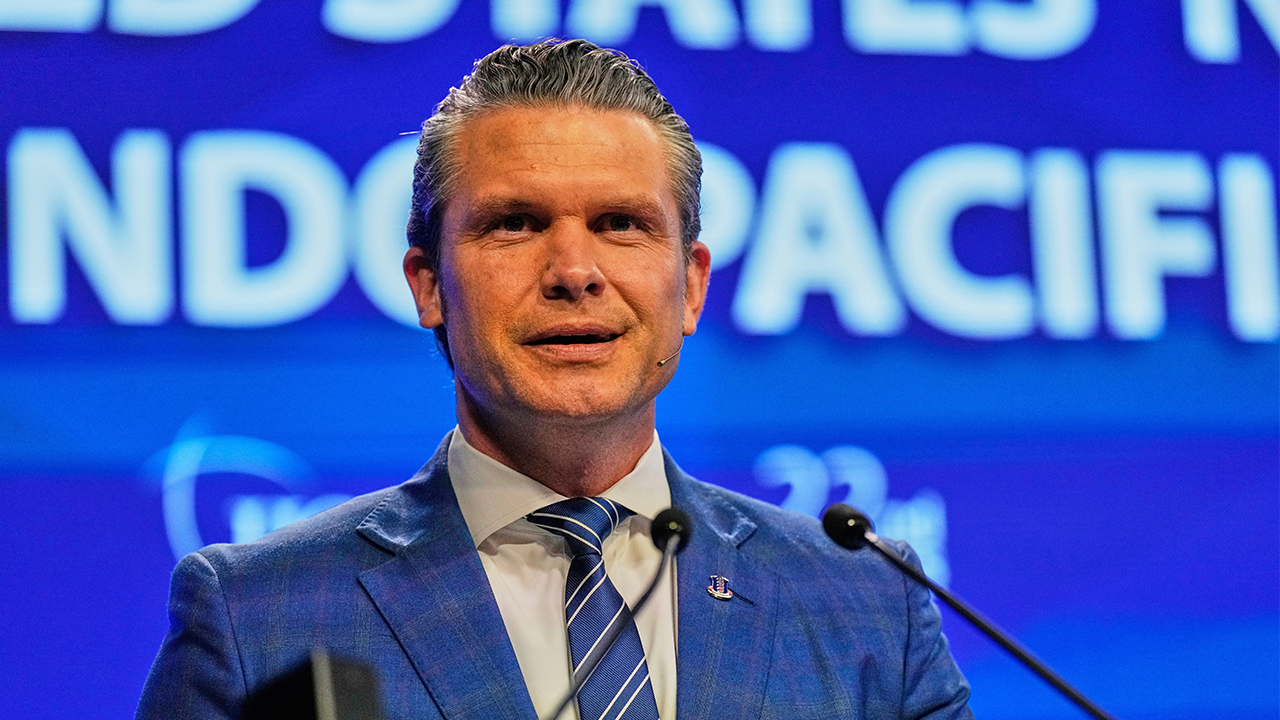Louisiana
Oil and gas industry subject to new rule on methane emissions – Louisiana Illuminator

A new federal rule issued Saturday targets the oil and gas industry’s methane emissions, which experts say are a primary culprit in global warming and cost Louisiana millions in lost tax revenue.
The U.S. Environmental Protection Agency’s new policy requires oil and gas facilities to perform comprehensive monitoring for methane leaks. It also phases in a requirement to eliminate routine flaring of natural gas that new oil wells produce and establishes standards to reduce methane releases from high-emitting sources such as pumps, storage tanks and pneumatic controllers.
Methane is the primary chemical in natural gas and, compared with carbon dioxide, it causes much more harm to the atmosphere in the short term. It traps over 80 times more heat than carbon dioxide over a 20-year period and is responsible for more than 25% of the atmospheric warming the Earth experiences today, according to the United Nations.
The world’s five largest methane emitters, from all sources, are China, India, the United States, Russia and Brazil. Together, they are responsible for close to half of all methane emissions globally, according to the International Energy Agency (IEA). China, the largest emitter, has similarly announced new efforts to monitor for methane leaks and reduce emissions, according to a report from Bloomberg.
According to an EPA press release, its new policy will achieve a nearly 80% reduction below the future methane emissions expected without the rule and will recover enough natural gas to heat nearly 8 million homes for the winter.
Oil and gas operations are the largest industrial source of methane emissions in the country, and the colorless, odorless gas is found at virtually every oil well because it’s a natural byproduct of oil exploration.
Much of the methane produced in fossil fuel exploration is wasted. Around 260 billion cubic meters are currently lost to the atmosphere each year from oil and gas operations. According to the IEA, three-quarters of these emissions could be retained and brought to market using existing technologies. The captured methane would exceed the European Union’s total annual gas imports from Russia prior to the invasion of Ukraine.
In 2019 in Louisiana, oil and gas operators reported 5.1 billion cubic feet of methane wasted through venting and flaring, according to the U.S. Energy Information Administration. On a rough scale, that’s enough to provide electricity to about 121,000 homes for an entire year.
Methane detection requires expensive infrared imaging equipment or satellite imagery. It’s unclear how much more is wasted through leaky valves, poorly sealed pipe threads and orphaned wells, but researchers have found numerous methane plumes bubbling up from offshore rigs
Earlier this year, the Louisiana Department of Natural Resources proposed a new state rule to prohibit routine venting and flaring of methane from production facilities. The proposed rule is still being finalized and has an “earliest effective date” of Jan. 20, 2024.
The Louisiana Budget Project’s Jan Moller said methane leaks are also a source of wasted tax revenue for the state. His organization monitors state government policy and its impact on low- to moderate-income families.
“Anyone who’s ever worked on a state budget can tell you that every dollar and every cent counts,” Moller said in a press release. “Reducing oil and gas methane emissions means not only are we breathing cleaner air, but we’re also protecting the millions of dollars in tax revenue lost every year due to methane wasted from leaks, venting, and flaring at oil and gas sites. That revenue has to be made up elsewhere through other taxes or cuts to critical state programs and services. There’s a better way forward. The Environmental Protection Agency’s new methane rule is a strong step toward a more prosperous Louisiana, and we applaud the Administration for their work.”
The EPA’s new rule is part of a broader Biden administration effort to address climate change through a variety of avenues. One includes plugging of orphaned oil wells, ones that oil and gas companies have abandoned.
It also marks a significant departure from previous EPA rules in that it targets existing emissions rather than future expected emissions.
The rule will work in coordination with a methane fee Congress passed in 2022 that will charge energy producers that exceed a certain level of emissions. The fee will take effect after Jan. 1.
GET THE MORNING HEADLINES DELIVERED TO YOUR INBOX

Louisiana
Louisiana jockey’s shocking shortcut leads straight to jail

A racehorse jockey found himself fleeing State Police on Saturday as a result of an investigation into cheating allegations at the Delta Downs Racetrack and Casino near Lake Charles.
Detectives with the Louisiana State Police Gaming Enforcement Division were conducting post-race checks of each jockey when 41-year-old Ricardo Hernandez-Perez, of Vinton, bolted from the stables. During his brief escape attempt, the jockey removed a battery-operated shocking device from his clothing and tossed it into one of the horse stalls, State Police said.
Officers quickly apprehended Hernandez-Perez and booked him into the Calcasieu Correctional Center. He faces charges of unnatural stimulation of a horse. Louisiana law prohibits the possession or use of devices designed to unnaturally stimulate, depress, or excite a racehorse before or during a race. The law also extends to racetrack stables, sheds and other facilities where eligible horses are kept.
If convicted, Hernandez-Perez could face a fine ranging from $1,000 to $5,000 and a prison sentence of one to five years.
Louisiana
Berre, the Broadmoor Bear, taken to nature area by LDWF agents early Saturday

A bear that took up residence in a tree near Broadmoor Methodist Church for a day was finally returned to the woods Saturday by agents of the Louisiana Department of Wildlife and Fisheries.
“Hot bear summer 2025 has come to an end as LDWF biologists were able to safely sedate and relocate Mr. Broadmoor Bear or ‘Berre’ as the kids call him,” the department posted to Facebook.
Berre’s exit came around 2 a.m. Saturday, after biologists were able to tag him, and take blood and fur samples for testing.
According to LDWF, he was being released back to a “wildlife management area.”
The bear had ambled into the neighborhood along South Riveroaks Drive on Friday morning, then spent the day in a tree as LDWF agents waited below and onlookers watched from a safe distance.
Biologists with the Louisiana Department of Wildlife and Fisheries pose with ‘Berre,’ the Broadmoor Church bear, after he was successfully sedated.
John Hanks, LDWF’s large carnivore program manager, said bears sighted in the area are usually adolescents looking for a place to establish a home range. A bear was spotted earlier this week in Central, and a third sighting came in Zachary in April.
Hanks had predicted that the bear would try to leave from his tree perch once the pressure of onlookers had passed. Often, when bears wander from bayous or woodlots into a city they are able to find their way back out, and only about 25% of the time does LDWF need to capture them.
Staff at the church’s preschool summer camp said children were never in danger and spent Friday indoors.
Louisiana
New noninvasive heart surgery saves New Orleans twins. They graduated Kindergarten in May.

Ashley Lane gave birth in July of 2019 to twins 17 weeks before her due date.
Both boys had patent ductus arteriosus, or PDA, a congenital heart defect where a blood vessel that allows blood to bypass the lungs in the womb, fails to close after birth — along with other health concerns like lung damage.
“With being so premature,” Lane said. “There were so many what-ifs and question marks and things in the air of what would be wrong with them.”
The Metairie family waited three weeks for the holes in their children’s hearts to heal on their own.
They did not.
Then, the family met with Dr. Ivory Crittendon, a pediatric cardiologist and the co-chief of pediatric cardiology at Ochsner Medical Complex in New Orleans.
Crittendon wanted to try a new FDA-approved method and device, the Amplatzer Piccolo Occluder, to close the twins’ hearts using a catheter in the leg.
The Lane family said yes.
“That first day with Dr. Crittendon set the tone for our whole story. We definitely had such a sense of peace,” Lane said. “When your kids are born that young, and everything that you planned was totally out of your control, and you had to learn to let go very, very, very quickly and trust strangers with your most prized possession, it’s very vulnerable.”
One week later, the twins were taken into back-to-back procedures as among of the first patients in Louisiana to receive treatment.
The previous treatment for PDAs was to perform open-heart surgery, where the doctor would create an incision along the side of the body and crack the chest of the child.
“I think there’s been enough data through all the years to prove that open-heart surgery probably wasn’t the best form of PDA closures,” Crittendon said. “Because a lot of kids struggled for a number of reasons afterwards.”
PDAs are more common in premature babies than mature babies, according to Crittendon. The more mature a child is born, the more likely the hole in the blood vessel is to close on its own.
In this new procedure, Crittendon and his team at Ochsner insert a catheter into the leg of an infant as small as 700 grams (the twins were 770g and 817g at the time of the surgery). Then, through the catheter tube, the surgeon places a device that will facilitate tissue to grow around the hole in the heart.
“It starts the natural process of the PDA closing,” Crittendon said. “It basically augments that process and tissues, sort of envelops around the device and closes the PDA on both sides.”
According to the Crittendon, the most impactful part of the noninvasive procedure is that the recovery time is exponentially higher for the very small, vulnerable patients.
“We take out that hollow tube and take out that small IV and just leave a Band-Aid on the leg,” Crittendon said. “And there’s really no real recovery from the procedure, which is the best part.”
The Lane twins’ hearts have since grown over the devices, and, after five years of checkups, they have gotten their approval from Crittendon to wait another three years for their next visit with the doctors. They both graduated kindergarten in May.
According to Lane, the twins are doing every sport they can get their hands on — soccer just ended, and they are looking to pick up baseball this summer.
“We know that there are so many babies out there that are not as fortunate, and families that are not as fortunate to have this procedure,” Lane said. “This is their second time around playing all these sports. They are really getting the hang of it and enjoying their sporting activities and being competitive against each other as twins.”
Treating patients in the future
The team of physicians, nurses and anesthesiologists that performs the new Piccolo procedure is based at Ochsner Children’s Hospital in New Orleans.
While the team has made moves to travel between hospitals within New Orleans to perform the live-saving procedure, they have also transported patients from around the state and Mississippi for treatment.
“That’s something that we’ve been proud of that we’ve been able to do,” Crittendon said. “However, we’ve sort of led the nation on trying to bring the therapy to the babies, rather than transporting them.”
Going forward, the team hopes to expand their ability to perform the procedure to patients outside of New Orleans, to hospitals within the health system across the state.
-

 World1 week ago
World1 week agoNeo-Nazi cult leader extradited to US for plot to kill Jewish children
-

 Movie Reviews1 week ago
Movie Reviews1 week agoMovie review: 'Dogma' re-release highlights thoughtful script – UPI.com
-

 Business1 week ago
Business1 week agoPlastic Spoons, Umbrellas, Violins: A Guide to What Americans Buy From China
-

 World1 week ago
World1 week agoCade Cunningham Gains $45 Million From All-NBA Honors
-

 Movie Reviews6 days ago
Movie Reviews6 days agoMOVIE REVIEW – Mission: Impossible 8 has Tom Cruise facing his final reckoning
-

 Education1 week ago
Education1 week agoVideo: Judge Blocks Trump Move to Ban Foreign Students at Harvard
-

 Movie Reviews1 week ago
Movie Reviews1 week agoKapkapiii movie review: Horror-comedy signals a saturation point for the genre
-

 Movie Reviews1 week ago
Movie Reviews1 week ago‘Magellan’ Review: Gael Garcia Bernal Plays the Famous Explorer in Lav Diaz’s Exquisitely Shot Challenge of an Arthouse Epic


















